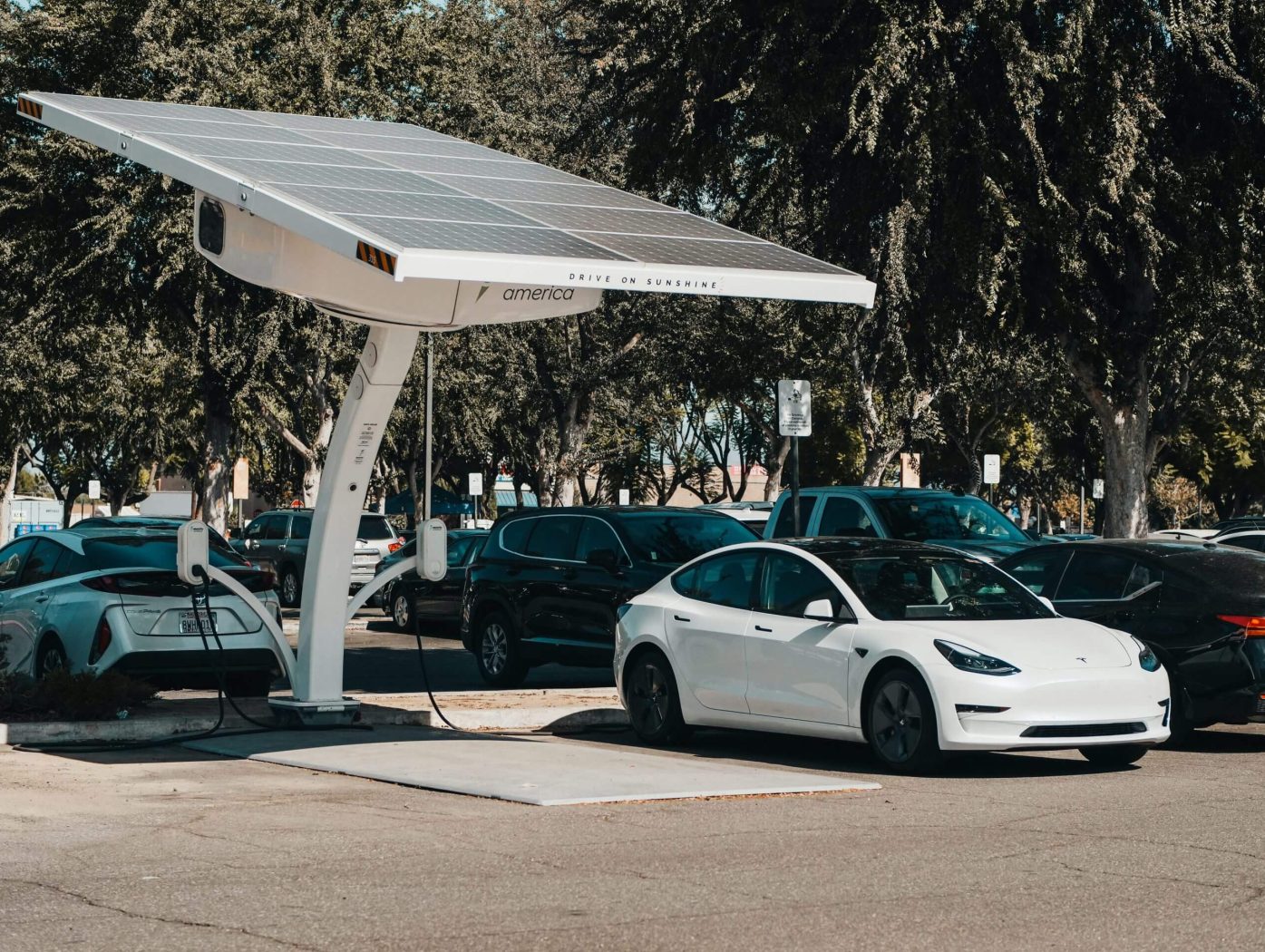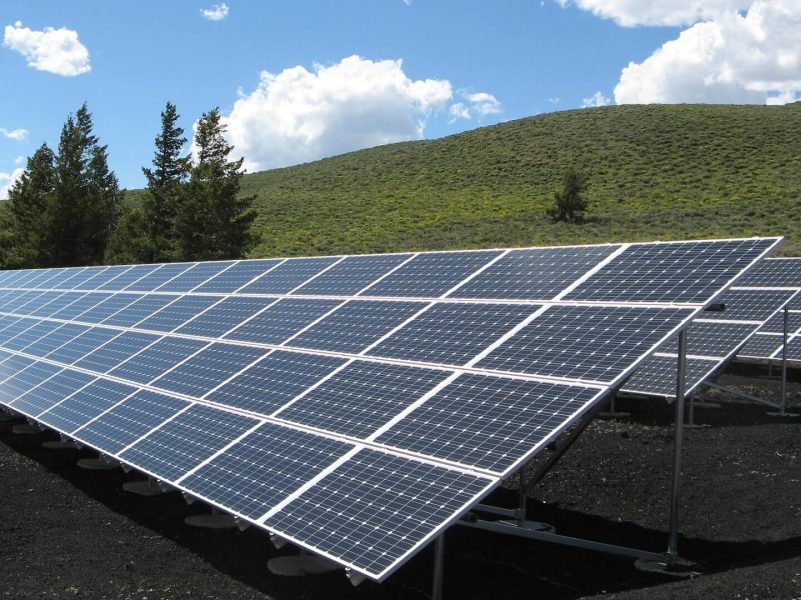Engage With Your Impact: The Boy Who Harnessed the Wind

When we think about renewable energy, things like large wind farms, hydroelectric plants, and rooftop solar panels likely come to mind. We may praise the benefits of renewable energy, such as helping the environment and decreasing our electric bills, but it might not be an area where most of us think we can personally make a meaningful contribution.
The Boy Who Harnessed the Wind (a book, a picture book, and a movie) tells the inspirational true story of 14-year old William Kamkwamba. When William’s village outside of Kasungu, Malawi was hit by a prolonged drought and widespread famine, William was forced to drop out of school. Driven by curiosity and his dream of bringing electricity and a reliable source of water to his village, William found a textbook about energy in his primary school library and built an electricity-producing windmill from spare parts and scraps he found at the local dump. The windmill brought electricity to his home and eventually helped his family pump water for their crops.
A few years later, William was well-known in his region as an inventor, and, after an article about his wind turbine brought him international attention, William was invited to speak at TEDGlobal in Tanzania. From there, William attended the African Leadership Academy and earned a degree in environmental studies from Dartmouth College. Today, William is working with the Moving Windmills Project to build an Innovation Center in Malawi where young people can find tools and mentorship to co-create simple solutions to everyday agricultural challenges.
The Boy Who Harnessed the Wind offers valuable lessons for both children and adults about education, entrepreneurship, and the importance of perseverance. William’s story illustrates how all of us, regardless of where we come from or how much money we have, have the ability to better the lives of those around us. With respect to renewable energy, most of us will never build a windmill, but we all can contribute to healthier, more sustainable solutions by, for example, writing to elected officials to ask them to support renewable energy policies, supporting local organizations working on inclusive clean energy initiatives, and transitioning to more renewable energy in our homes, such as solar power.


